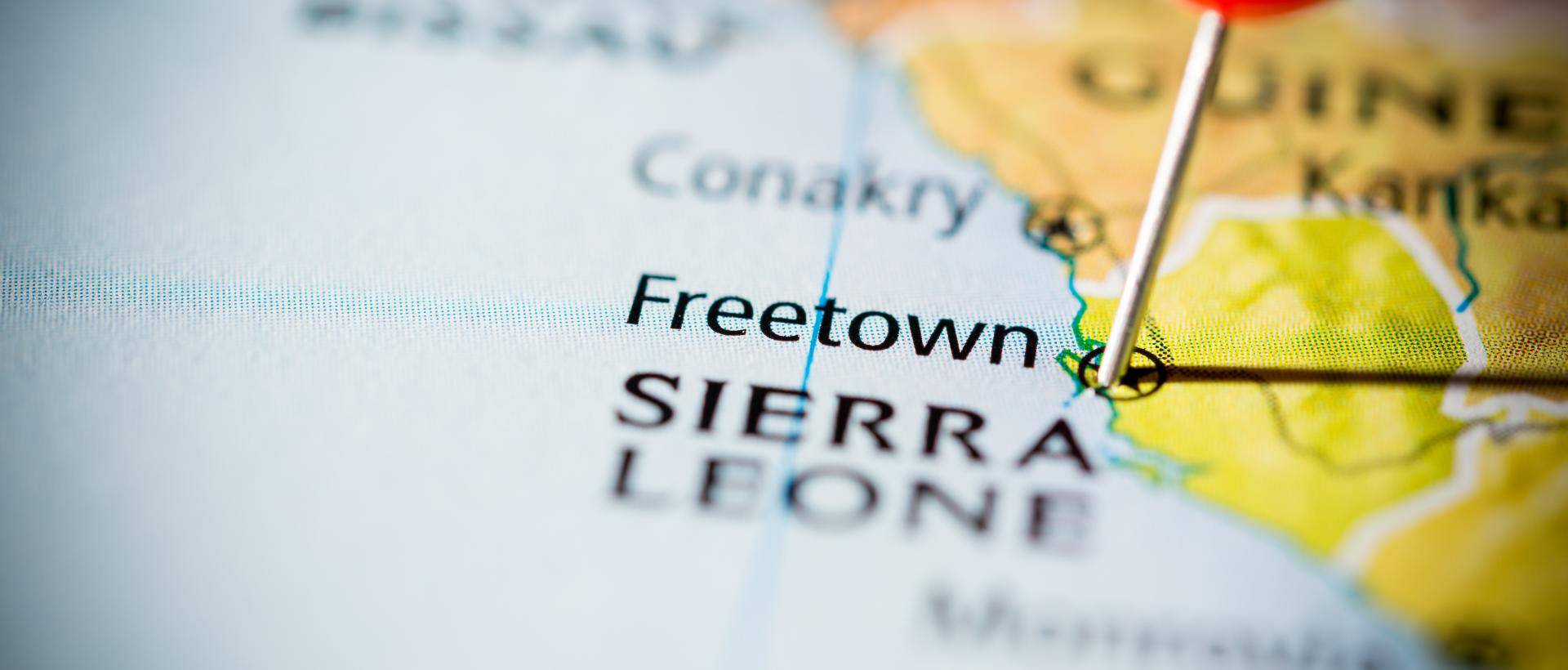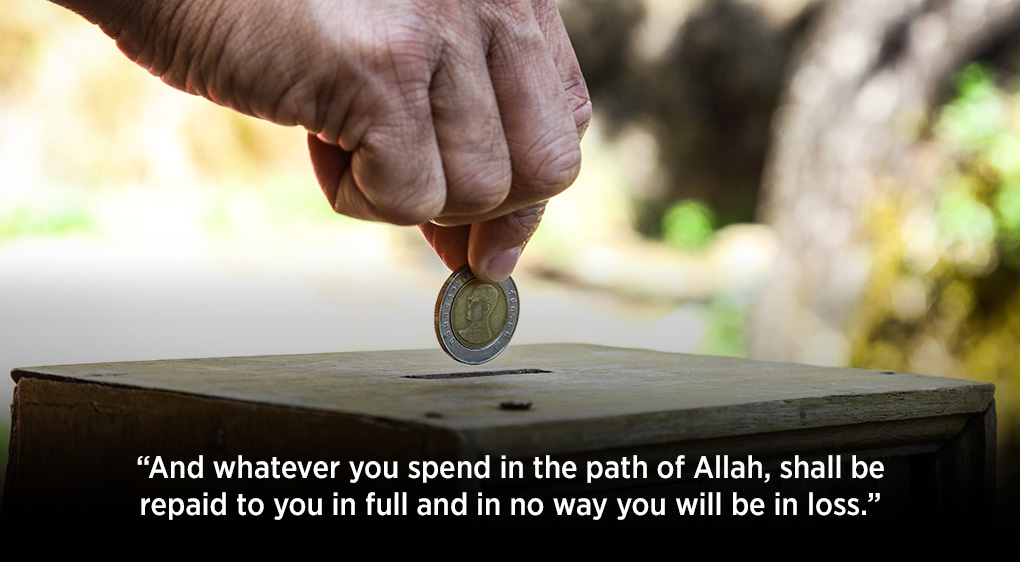
Posted: Oct 29 2021
Who Is Helping
Sierra Leone
For decades, Sierra Leone has faced a myriad of humanitarian issues, being forced to rely on aid from other countries to support its vulnerable citizens. The country has, in recent years, taken positive steps forward, but it still relies heavily on external aid programs. So, just who is helping Sierra Leone?
Charities in Sierra Leone
Since the end of the civil war, which spanned 10 years and finally ended in 2001, international charities have been working tirelessly to assist those affected by the conflict in Sierra Leone. Orphans in Need is just one of the organisations with teams on the ground in the West African country, providing all manner of support to those who need it the most – mainly children – through our Sierra Leone appeal.
Central governments, including the UK and US, long provided aid packages to Sierra Leone, but with the end of the civil war came an end to the aid provided, leaving charities to do the bulk of the work in picking up the pieces after the war.
How we Help Sierra Leone
Orphans in Need focus most of our efforts on helping children in Sierra Leone as they are often at the forefront of humanitarian issues. That being said, we believe in building up communities and providing them with the tools needed to sustain themselves, so we do a lot of work centred around the broader community.
This means we provide aid across all sectors, including healthcare, poverty, sanitation, water, food, and natural disaster recovery. Thousands of people in Sierra Leone lack basic necessities, forcing many to put their children in the care of orphanages, or instead retaining care but risking the onset of preventable disease or even death. We aim to make sure families never again feel trapped by these two options.
Sanitation
One of the biggest killers in Sierra Leone is when disease spreads through dirty drinking water. This was highlighted in 2014 when Ebola struck and ran rampant throughout the country due to poor sanitation, killing more than 4,000 people.
Since then, the Sierra Leonean government has recognised water as a basic human right, but 2.9 million people still don’t have clean drinking water, and over 700 children under five die as a result of diarrhoea every year.
In a bid to collect water from lakes and reservoirs located miles away from remote villages, millions of young people are robbed of the chance of going to school, gaining meaningful employment, or even living a healthy life. This is because they have to spend hours every day collecting water that could eventually kill them.
As part of our work, we install clean water pumps in communities that lack them, giving everyone – including tomorrow’s generation – ready access to a life-saving provision of water. This can impact every aspect of people’s lives, including freeing up time for them to pursue school or a job.
Food Packages
In the same way water is scarce for many, so is food. In fact, 3 out of 10 children in Sierra Leone are stunted due to malnutrition. There are several reasons why food insecurity is a major issue in the country, with extreme poverty and natural disasters being the most common causes for children missing out on meals and experiencing limited growth as a result. Stunted growth is a life-long problem and extends further than simply being smaller than other people. Through stunting, children don’t physically or mentally develop to the capacity they should, meaning things like education and employment opportunities are limited.
To give children a better chance, many parents send their children to orphanages, believing it to be the best option, but this isn’t always the case. With so many orphans to look after and limited resources, many children still go hungry whilst in care.
We work throughout the country to provide essential food packs, and it is likely this need will continue. Sierra Leone is prone to natural disasters, with droughts and intense floods making it all but impossible to maintain crops. When the land fails to provide, Orphans in Need is there with essential food packs to help sustain life in a country marred by climate change.
High Death Rates
The population in Sierra Leone is a young one, but despite being in what should be the healthiest years of their lives, too many people die before their time. If not from disease such as Ebola or Covid-19, starvation and dehydration kills people. Not just this, but poor healthcare means many people die needlessly because the infrastructure simply isn’t there.
Poor healthcare manifests itself no more clearly than in the case of childbirth. Sierra Leone has the highest maternal mortality rate in the world, with more than 1,300 out of every 100,000 mothers dying whilst giving birth. This leaves thousands of children as single orphans (without one parent) every year.
We work to provide healthcare advice and treatment throughout Sierra Leone in a bid to curb the number of motherless children, but this isn’t the only cause of death. The long-lasting civil conflict saw more than 50,000 people lose their lives and two million people be displaced. Having only ended in 2001, thousands of children lost one or both of their parents to the war, with a further portion of children getting separated from their families.
Whilst we can’t undo the damage of a 10-year war, we work extremely hard to ensure children born today in Sierra Leone do not need to struggle without their parents, as those who came before them did.
How to Help Sierra Leone
Although those based in the United States are over 5,530 miles away from Sierra Leone, you can still make a difference from your own home by donating to Orphans in Need USA. Our Sierra Leone appeal aims to target all areas of the crises facing the country, but we can’t carry out the lifesaving work we do without your generous donations. Please give what you can so we can continue to help those most in need.







